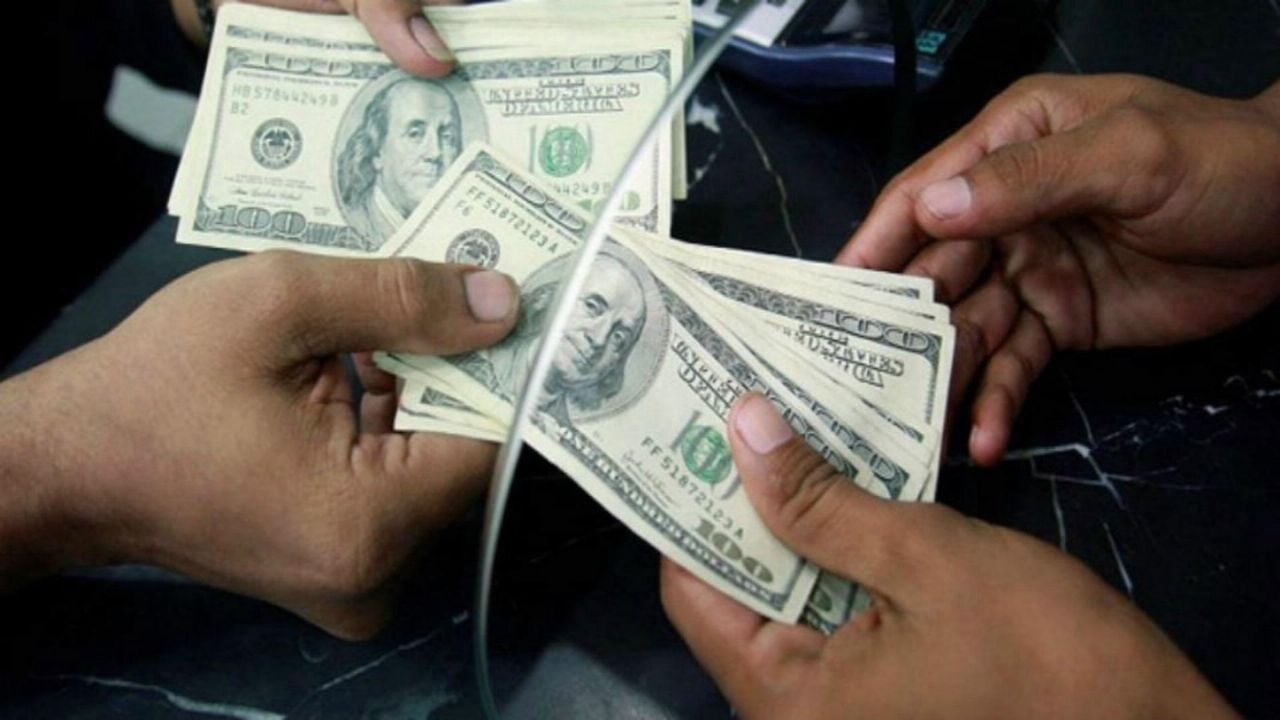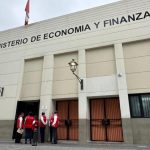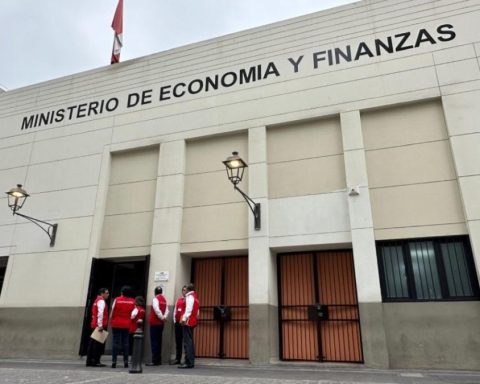On Thursday, December 19, Argentina experienced a significant day in the foreign exchange market, with notable fluctuations in the exchange rates of the dollar blue and official. This day marked a turning point in the Argentine economy, reflecting both internal tensions and market responses to the government’s economic policies.
The official dollar, controlled by the Central Bank of the Argentine Republic (BCRA), was quoted at $1002.50 for purchase and $1042.50 for sale. This exchange rate is mainly used for official transactions and is regulated by the government.
The stability of dollar official is crucial to maintain confidence in the economy and prevent capital flight. In contrast, the blue dollar, also known as the parallel or informal dollar, is traded on the free market and is not regulated by the government.
This exchange rate usually has a higher value than the official one due to the scarcity of dollars in the market and high demand. On Thursday, December 19, the blue dollar was quoted at $1,185 for purchase and $1,205 for sale.. This significant gap between the blue dollar and the official dollar reflects the difficulties that the Argentine economy faces in maintaining a stable and accessible exchange rate for all.

The economic measures implemented by the government, such as exchange controls and restrictions on the purchase of dollars, have had a significant impact on the exchange market. These policies seek to reduce the demand for dollars and protect the country’s international reserves.
High inflation in Argentina has led many citizens to seek refuge in the dollar as a way to protect your assets. This high demand has contributed to the appreciation of the blue dollar. Confidence in the Argentine economy and government policies also plays a crucial role in dollar quotes.

Costs
If investors and citizens lose confidence in the government, they tend to look for safer alternatives, such as the dollar. Fluctuations in exchange rates have a direct impact on the Argentine economy and society.
A dollar higher can increase import costs, affecting inflation and the purchasing power of citizens. In addition, the exchange gap can encourage currency evasion and the black market, which further complicates economic stability.
follow us on Google News and on our channel instagramto continue enjoying the latest news and our best content.


















